What are heirloom seeds? We investigate what makes these crops so special
Why growing heritage vegetable varieties will give you so much more than just great flavor


Design expertise in your inbox – from inspiring decorating ideas and beautiful celebrity homes to practical gardening advice and shopping round-ups.
You are now subscribed
Your newsletter sign-up was successful
Want to add more newsletters?

Twice a week
Homes&Gardens
The ultimate interior design resource from the world's leading experts - discover inspiring decorating ideas, color scheming know-how, garden inspiration and shopping expertise.

Once a week
In The Loop from Next In Design
Members of the Next in Design Circle will receive In the Loop, our weekly email filled with trade news, names to know and spotlight moments. Together we’re building a brighter design future.

Twice a week
Cucina
Whether you’re passionate about hosting exquisite dinners, experimenting with culinary trends, or perfecting your kitchen's design with timeless elegance and innovative functionality, this newsletter is here to inspire
Heirloom seeds and plants hold a special place in the hearts of gardeners who appreciate not only the unique flavors and appearances of these old varieties, but also their histories and the sense of continuity they bring to any vegetable garden ideas.
Heirloom seeds and plants are treasures that have been passed down through generations due to their exceptional qualities. These varieties are open-pollinated, meaning they are pollinated by natural means such as wind, insects, or birds, allowing them to maintain their unique characteristics.
Heirlooms remain stable over time, preserving their distinct flavor, appearance, and adaptability and will be better for you and the environment than plants with mutations.
Beyond their unique characteristics, growing heirloom plants is a way to participate in the preservation of plant diversity and heritage. Each plant tells a story, linking gardeners to generations past.
As we delve into the world of heirloom gardening, we not only enrich our gardens but also foster a deeper connection with the history of agriculture. We take a look at what it means to grow heirloom crops, and where best to source these seeds.
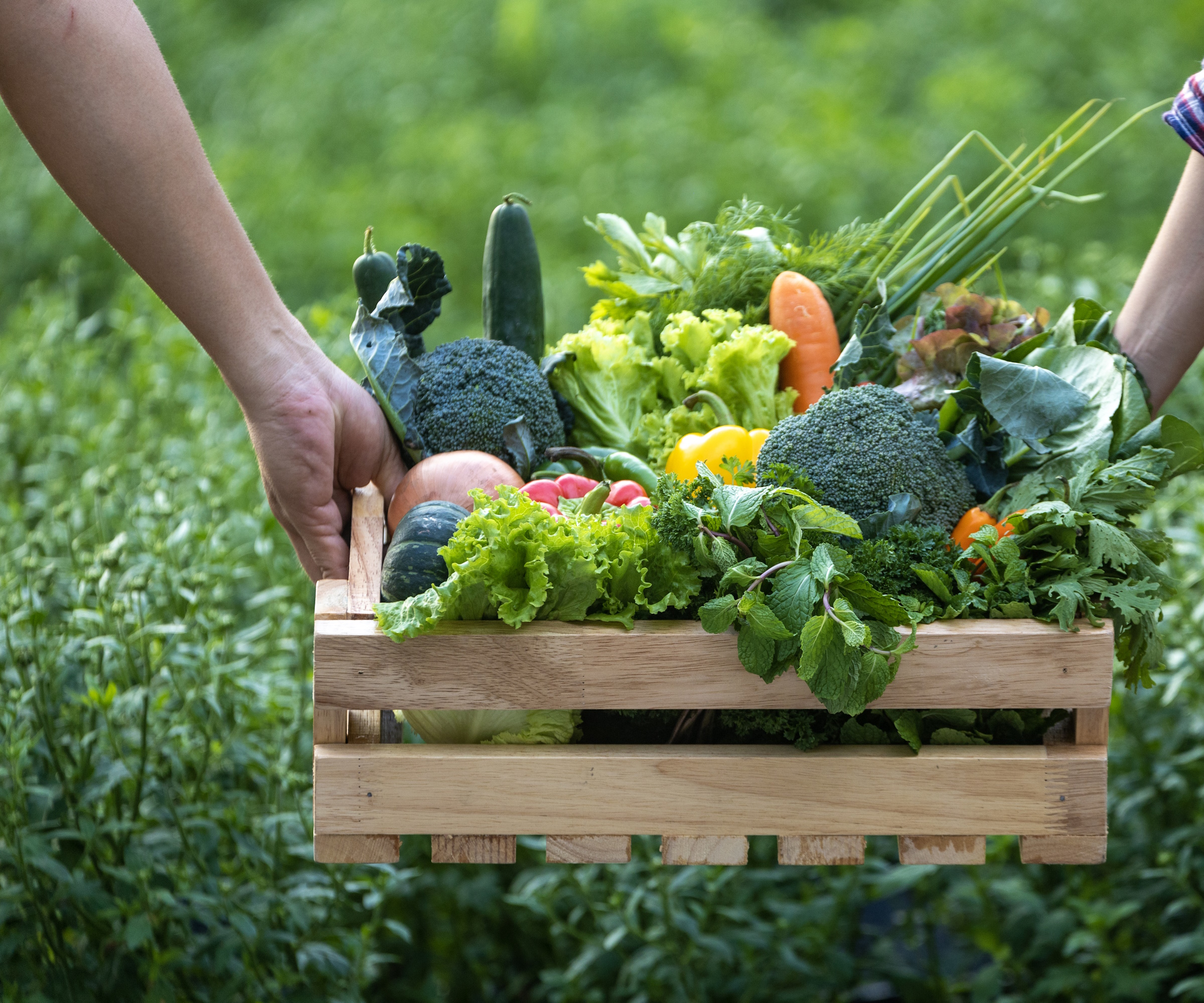
What are heirloom seeds and plants?
Our experts delve into the world of heirloom plants, emphasizing its importance in preserving biodiversity and maintaining our connection to the past.
Understanding Heirlooms
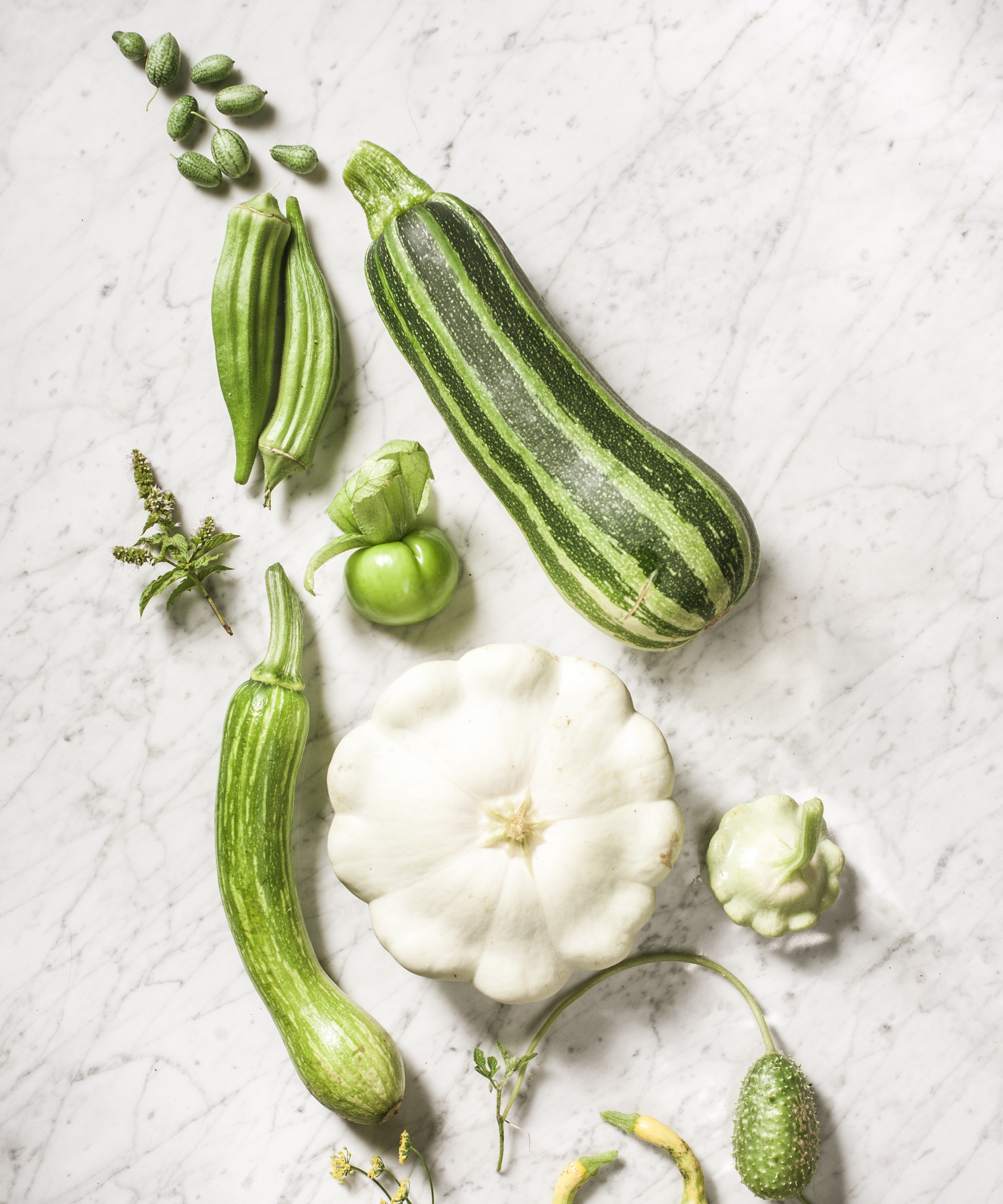
‘Heirloom seeds are varieties that have been passed down through generations, typically at least 50 years, without undergoing modern breeding techniques,’ says gardening expert Charmaine Peters.
Design expertise in your inbox – from inspiring decorating ideas and beautiful celebrity homes to practical gardening advice and shopping round-ups.
‘These plants are valued for their genetic purity, distinctive flavors, textures, and appearances that often surpass those of commercial varieties.’
Unlike hybrid seeds, heirlooms can reproduce true to type, allowing gardeners to save seeds year after year.
‘Heirlooms often require slightly different growing conditions compared to modern hybrids,’ says Tony O'Neill from Simplify Gardening.
‘It's useful to learn about the specific needs of each variety - from soil requirements to sunlight preferences. This personalized care enhances their growth and ensures you get the best out of these unique plants.’
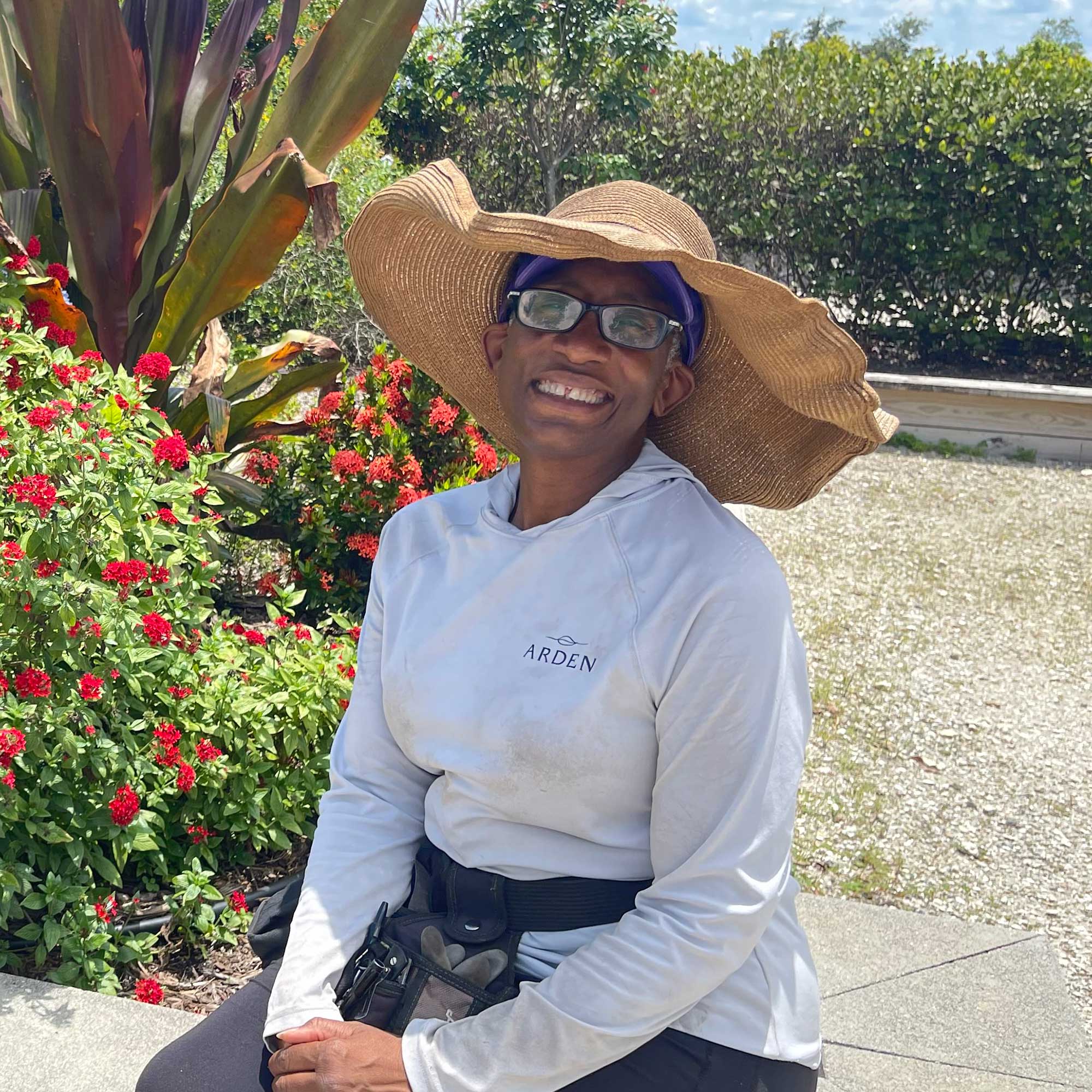
Charmaine Peters is the Farm Director at Arden, an Agrihood community in Wellington, Florida. She manages the community’s five-acre working farm, as well as a monthly farm-share program for residents.
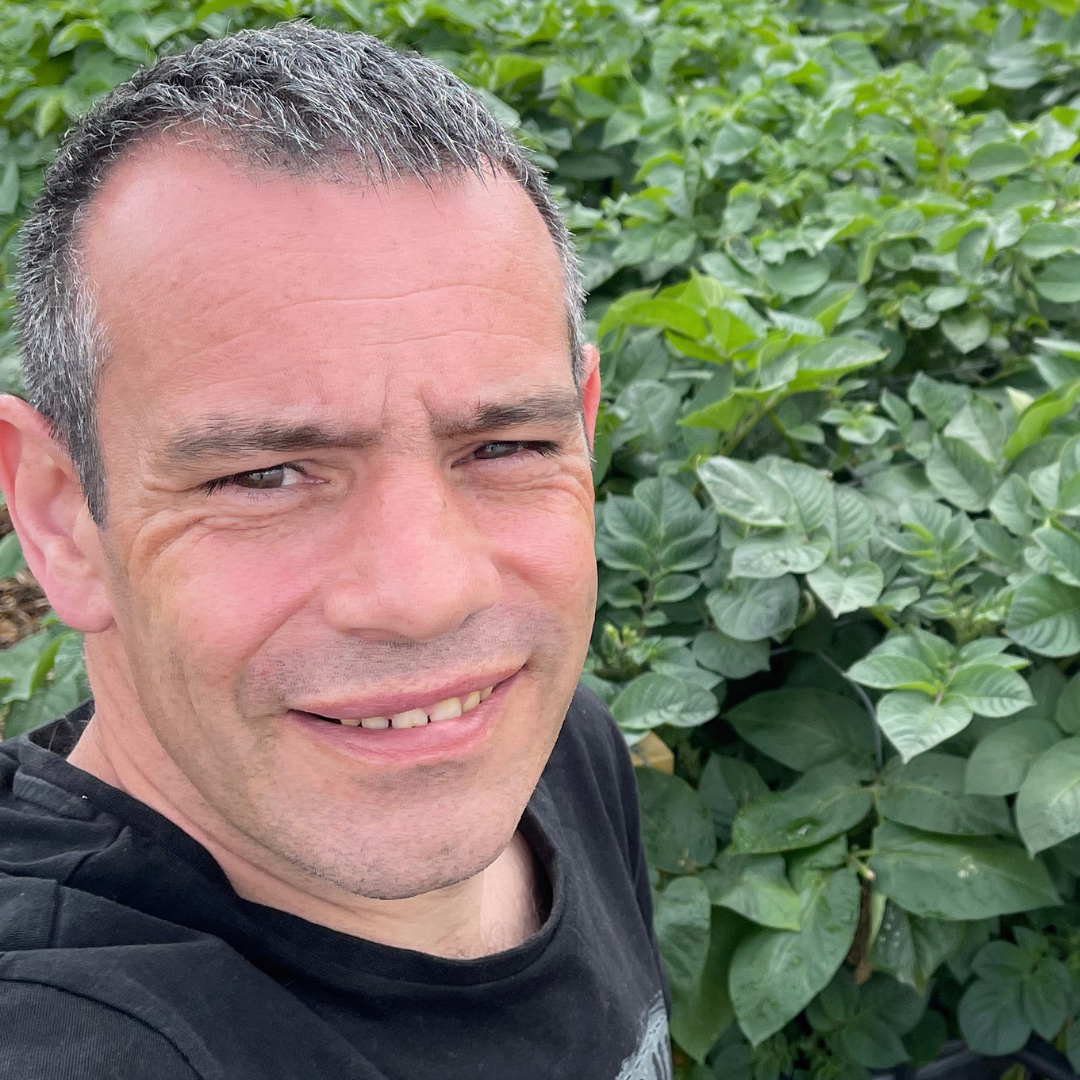
Tony O'Neill is a gardening expert, author, and educator. With a thriving YouTube channel boasting 405,000 subscribers and over 1.4 million monthly views, along with his award-winning website Simplifygardening.com, he shares his passion for gardening and sustainability. He has also authored Composting Masterclass, Your First Vegetable Garden, and Simplify Vegetable Gardening, empowering individuals to cultivate their own green spaces.
Diversity of varieties
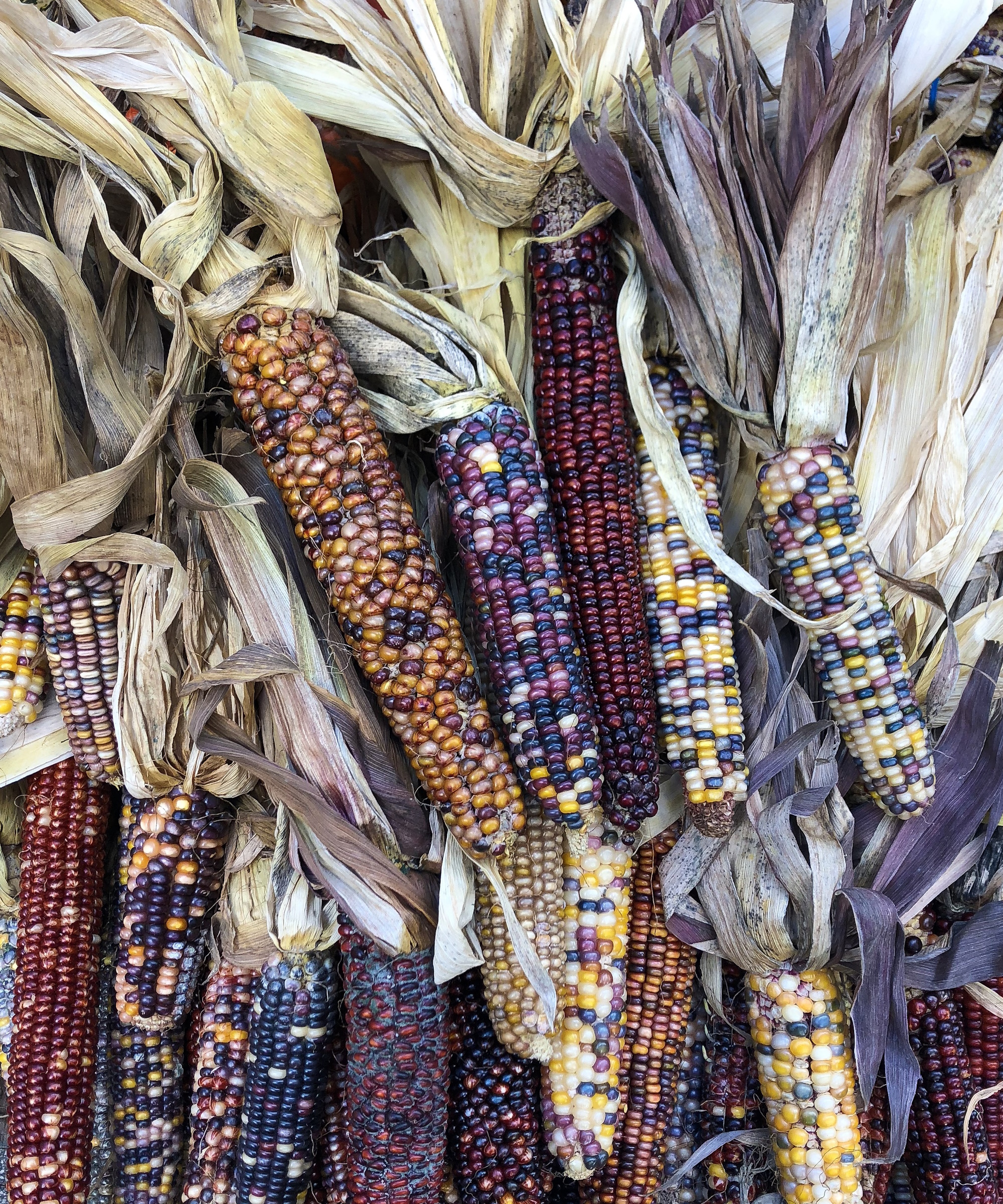
Heirlooms come in a wide array of types, ranging from vegetables to flowers. Each variety carries a rich history and a story of its own.
From the 'Brandywine' tomato, renowned for its exceptional flavor, to the 'Moon and Stars' watermelon, notable for its unique appearance, heirlooms offer a diversity unmatched by commercial seeds and can be harvested year after year.
Other notable varieties you can buy include 'Crimson Sweet' watermelon seeds available from Everwilde Farms, 'Danvers 126' carrots from Bucktown Seed Company, and the 'Mortgage Lifter' tomato seeds from Hudson Valley Seed Company each cherished for unique characteristics and flavors.
Sourcing Heirloom Seeds

According to garden expert Erinn Witz, finding heirloom seeds has become easier than ever, thanks to dedicated seed libraries; local seed swaps and exchanges where you might even be able to get free seeds; and specialized online retailers.
Outside of commercial retailers, some reputable sources include Seed Savers Exchange, Baker Creek Heirloom Seeds, and Territorial Seed Company. These organizations not only supply seeds but also work to preserve genetic diversity and share the histories behind these plants.
You can explore regional seed banks and organizations committed to preserving heirloom varieties specific to your area. They help to maintain genetic diversity and support plants native to local climates.
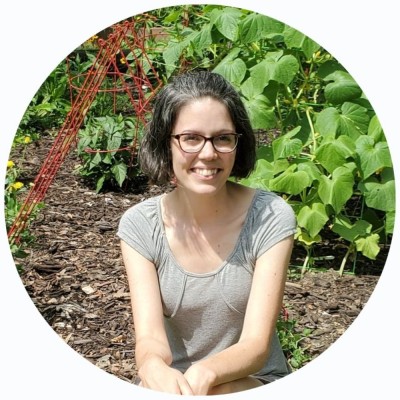
Based in Illinois, Seeds and Spades serves gardeners of all skill levels with in-depth articles based on first-hand experience and extensive research.
FAQs
Are heirloom seeds better than other seed varieties?
Heirloom seeds are open-pollinated. This means you can save seeds and produce the same variety of plant, fruit or vegetable. Crops grown from heirloom seeds often have a better taste, however due to the lack of cross pollination they may be more prone to disease.
Embracing heirlooms connects us to our agricultural heritage, promotes biodiversity, and contributes to the resilience of our food systems. If you plant to start a vegetable garden, you could experiment with different varieties, share seeds within your community, and contribute to the living history of these remarkable plants.

Seraphina is a contributing editor at Homes & Gardens, writing Solved features on organizing and storage. She loves to decorate and also grow her own produce from her home in London. Her previous experience includes working at Women's Health and Fabulous Magazine.